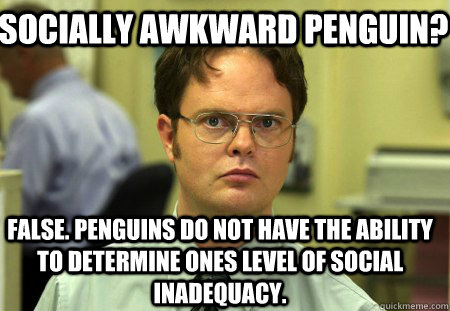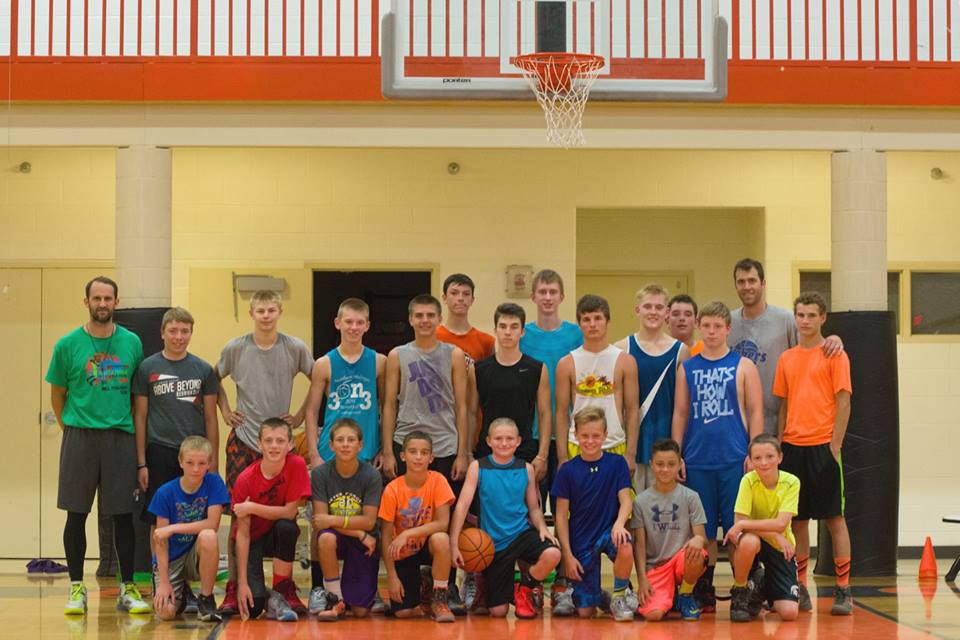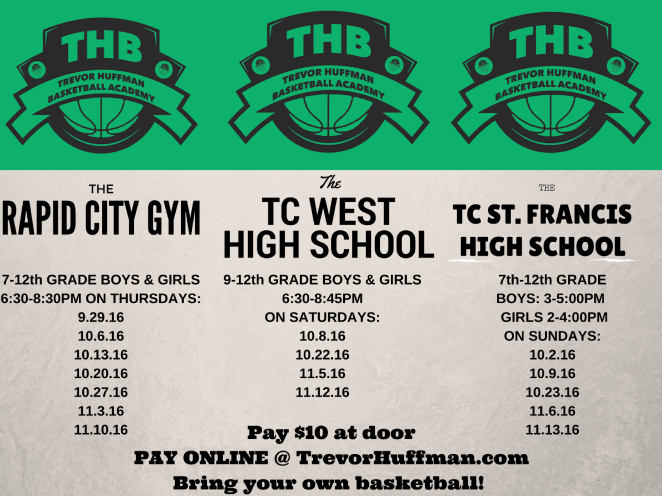MEASURING HAPPINESS BY CHANGING VALUES— (5 Minute Read)–
TrevorHuffman.com is about getting out of our own comfort zone– in sports, in basketball, in life, in traveling the world on a budget, in building a tribe and winning the small battles to succeed big.
I’ll be sharing my uncomfortable failures and short-lived successes as I solo-slow traveled the world playing professional basketball, or as I design basketball training workouts and practices for ‘THBA ELITE,” my Northern Michigan Basketball Skill Development Academy.
Whether it’s following me get out of my comfort zone sailing the Caribbean or talking about building a vision for success, my mission is to give you more than just basketball tips, but rather the authentic stories of my worst defeats, deafening anxiety and depression, sharing and understanding cultural differences, and the detailed obsession of preparing to win at the highest levels.
Hopefully, this blog can be something athletes, coaches, humans, and parents alike can take something deeper from– something that shows the darker (and lighter) side of what I’ve learned from my experiences.
In the end, how we help each other get to where we want to go is all I care about talking about.
Measuring Happiness by Changing Values
Written on April 6th, 2017 in Isla Mujeres, Mexico
—————-
“Here is your cash. Good game. Keep winning,” the Venezuelan GM says. He grins a cheap smile, pops his collar, and sticks out his hand.
I accept what I know is 10,000 dollars in a manilla envelope.
Straight cash? Really? Hell yeah…
I open the envelope. Exhilaration hits and the dopamine spreads through me like crack (for the record, I’ve never done crack).
“Thanks. We will keep winning.”
I am suddenly the happiest freaking dude in the world. Seriously, what could make you happier than doing what you love and getting paid to do it?
And so the happiness paradox begins.
The next day the alarm clock hits me early. My body is sore and it’s time to get to work. I’m back to two-a-days. I’m back to morning track workouts and evening practices.
Where’s the dopamine now?
Where’s that happiness?
I want that happy feeling again, but it’s gone.
Three weeks later, I get fired and fly back from Caracas, Venezuela embarrassed and heartbroken. Another bad job. Another failed season. I hit an all-time low. I am 24 years old and decide it’s time to stop playing basketball for awhile. Instead, I turn to something I’ve never done.
Partying.
And for awhile, it helps. I forget the pain. The unhappiness. But in the meantime, I gain 35 pounds of fat, stop caring about basketball and constantly want people to stop talking to me about how lucky I am to do what I love.
I didn’t feel lucky when I was measuring my happiness with the wrong measuring stick. But I was young and when you are young, you tend to do stupid stuff.
It’s just that simple.

Being young doesn’t matter as much as self-awareness does. My self-worth and happiness went up and down like the stock market. One day, I’m up. The next game, I’m down. Do I measure happiness in my life by points scored? By salary earned? By games won or lost?
If you do fall into this trap, it’s a short-sighted, unfulfilling way to live.
If I had continued to measure my professional basketball life with only external basketball success as my metric, I would have never been satisfied, happy, or peaceful from day to day. And I think a lot of competitive athletes (or just humans) fall into measuring their life by the wrong values. By using the wrong measuring sticks. And when we use the wrong measuring sticks for happiness, just like typical American society, we wind up in a rat race with declining happiness levels. We are constantly unfulfilled. We end up using drugs, alcohol, and anything that will give us a high to get us to that next fulfilling high (or happy island).
If I had continued to ride the basketball-success-failure-emotional-roller-coaster, I would have most definitely been in a psychiatric institute a long time ago.
Many high school and college athletes that stop playing go through this when they are done playing and never figure it out.
Dude, it’s over. Your career is over. So stop attaching your happiness and identity to it (as I write about my old career, #hypocrite)!
But changing my values back then took getting fired. It took losing. It took gaining 35 pounds of big ol’ love handles in an eating and drinking depression that lasted four months. It took looking within and figuring out why I really play basketball.
So? How did I do it?
Well first, I wanted to live happier. So I asked myself an internal question: “What do I truly value about playing the game of basketball?”

My answers: I loved the struggle of winning, the camaraderie of being with teammates, the weight room workouts, the daily expression and practice of my craft, the competition, the will to win, the on-court creativity, the cultural differences of traveling Europe, the skill programming with training, the feeling of a leather ball sliding in between my hands twice a day (usually), and finally, being a teammate with guys from completely different backgrounds.
In the end, this question helped me be aware of what I valued and could start to measure intrinsically about playing the game of basketball.
It helped me be let go of the fleeting trap of valuing money, partying, 10,000 dollars in manilla envelopes, hitting big shots, buying shiny things, big houses, making a good pass, sports cars, winning a big game, and all the popularity from momentary professional (or amateur) basketball success. Not that I had big mansions and sports cars (I still drive my 2007 Hyundai Sonata, yeehhh boyyyyyy), but it seemed like all the professional athletes I knew were talking about the wrong values.
I learned to stop caring about these superficial values (and measuring them) and start measuring values that came from the inside. I started to ask myself, why judge my life by metrics (that I had no control over), metrics that could literally haymaker-gut-punch me into misery?
Well, it’s not for me, I don’t want any part of that rat race, I decided.
Ironically, my own fears, lack of self-awareness, self-worth, and own inadequacy pushed me towards those value traps. It’s kind of like writing this blog. Should I share, should I not share, what if someone thinks I’m soft or a sissy?
The truth is, I am scared to write this blog and share it. What if my grammar sucks (which it does). What if someone laughs at me? What if someone… blah blah blah.
The truth is I write it because it feels good. I learn from writing out my feelings and experiences and seeing my patterns and weaknesses flesh out onto the screen. And it feels good to share my experiences and look at what makes me happy on the inside.
So it’s time. Let’s all hold hands and sing: Kummmm-byeeee-yahhhhh.
If you don’t like singing, guess what, I don’t care.
The truth is, I do hope that I can help people grow and reach their dreams, goals, and self-actualize. If one person reads this or takes one nugget of a sentence they can use to improve their lives from the awkward recesses of my twisted mind, then kudos to them.
It feels good to help people, to have a real impact and the catch is, I enjoy writing this weird life blog anyways, so it’s a win-win.

While solo-slow travel sailing from Guatemala to Mexico (yes, solo-slow travel sailing is a legit experience, watch my montage there), I thought a lot about happiness, about doing what you love, and learning how to measure the things you love to do in life. I would look into the cosmos at night and wonder why I was alive or how I was connected to all these billions of people around the world.
A thousand miles away, there are people shuffling along dirt roads with no water and no food and still smiling at me.
Yet, when I walk through my own American town, people just put their head down and walk by, disconnected, lost, and most likely, half of them unhappy.
My Caribbean nights star gazing and watching sunrises or sunsets really made me think. I kept finding myself asking, “What are my values now and how am I measuring them?”
I value a sustainable lifestyle, living close to nature, traveling to new places I’ve never been, building a community and tribe of friends that want to push themselves to be healthy, passionate, and take on extreme adventures or projects, helping kids, teams, and people reach their potential (on and off the court) and over-achieve in the process!
So Ask Yourself 3 Happiness / Value Questions:
First, what are your current values and how do you measure them relative to your happiness and once you have those, are these values externally linked (uncontrollables) or internally linked to your happiness?
And second, are these values really giving you happiness or are they just momentary blips on the radar that just raise our brain’s dopamine levels?
Third, are you a valuing crack, kid? Is it time to change your values?
If you aren’t enjoying the daily struggle, the daily ups and downs, maybe it’s time to start asking new questions about what you value or want to do in life. I am not a big cusser (okay, once in awhile it slips out), but this book was interesting to me:

So okay. We have to change our values. Now what (you ask)?
Maybe you are saying, I still suck at stuff. I am still average at things I care about. Now what? The only thing that will help you find happiness will be figuring out what you value that intersects with your daily struggle to master your craft.
What I demonstrate grit for, what I put effort into surrounding my daily passions, and how deliberately compete, plan, and prepare to win, all feeds my metrics for happiness. It feels good to do it this way for me.
So, just like when I was playing professionally, it’s easy to fall into that trap of measuring success on and off the court with external values that become internal metrics. I want people to like my game, oh wait, that person doesn’t like my game.
Unhappy.
But who cares about that person, you don’t know them. They don’t know you.
Or you say I want to be a dedicated All-State basketball player, but wait, every time you try to work hard and sacrifice to get better, your classmates, your friends, even your family laugh at you or question why you are doing it.
Again, once you care enough about something, that quote above makes a lot more sense, doesn’t it?
This is just like starting a business. Just like being an All-State pitcher. A better parent. A better business owner. Or maybe you are quitting a BS job and self-actualizing a new life goal.
The list goes on and on.
Find a craft (passion) you love and then start measuring your happiness by internal standards you set for yourself to enjoy that struggle of winning in your craft.

If you value swimming with whale sharks, then do it as much as you can! (From Islands.com)
After my long months of darkness, anxiety, and depression, and comfort eating, I had to take stock of what I could control in my life. Just like now. As my Caribbean sailing adventure in Isla Mujeres, Mexico came to a close, I am reminded of how lucky I was to reflect on my current values.
Who knows. Then again, maybe I’ll be a broke beggar writing and living on a beach that teaches, develops, and helps kids (and adults) make a better, happier, more fulfilling life.
Maybe one day, by sharing our experiences, and lending a hand, our world, communities, and tribes will grow closer and we can all help each other self-actualize to reach our potential.
And better, I’m sure I’ll find more happiness moment to moment in that struggle.
Good luck out there.
TrevorHuffman.com
MY TOP 5 THINGS I’M USING FOR ATHLETE SUCCESS IN THBA ELITE BASKETBALL:
- Doing 1 on 1 Basketball Moves on these bands. Talk about getting more explosive and your heart rate up. These will absolutely make you more explosive, lower your shoulder, and work on explosive starts / stops with a basketball in your hand. Work on defensive slides or linear speed. Your choice. I use these bands at the start of my practices to recruit fast twitch muscle fibers for speed before fatigue sets in later.
- My favorite raw organic plant based protein bars. These things are like Thin Mint Girl Scout Cookies. Freeze them. Or don’t. It doesn’t matter, they are that good. And better they are nutrient rich and are made with Chia and Flaxseed, which is rich in Omega 3’s, I feel good about them and have stayed at 185 pounds, which isn’t easy for me.
- I love to train, shoot, workout and do speed/agility/conditioning in heavier shoes than I play or compete in. These Air Jordan basketball shoes are heavy as heck! When I go from practice to game shoes, it may be a placebo effect, but it’s like going from cushioned running shoes to running flats on a track. Lighter, faster, quicker. All day!
- My favorite thing is making nutrient-rich smoothies every day. I mix in spinach, kale, avocados, or anything that is a vegetable, green, and doesn’t have a ton of sugar. Then I mix these organic raw protein powders with espresso, peanut butter, and ice.




























